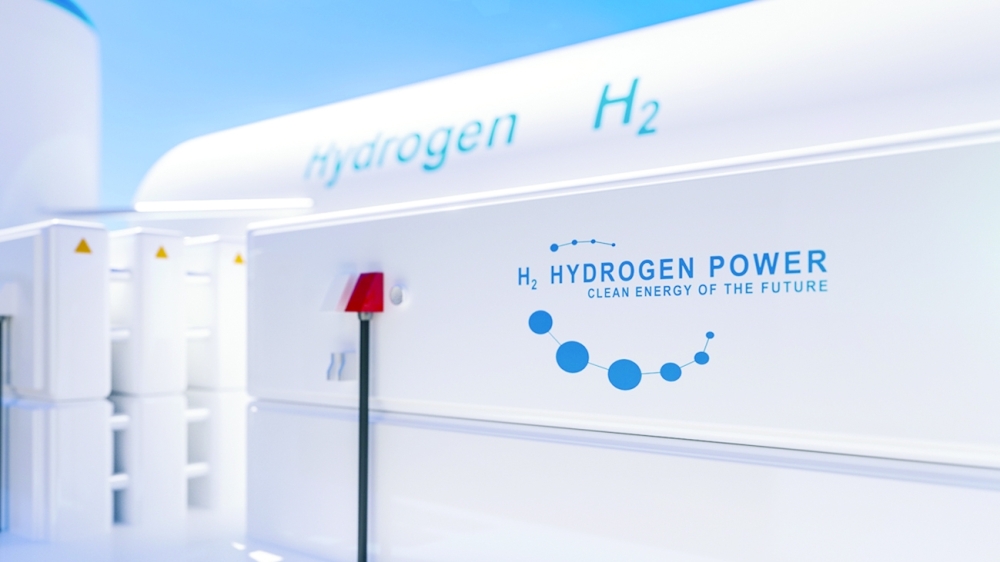

@conradprabhu -
MUSCAT: A first-ever Waste-to-Hydrogen project is proposed to be established in the Sultanate of Oman with an investment of around $1.4 billion.
A Memorandum of Understanding (MoU) has been signed to this effect by H2-Industries Inc, a US-headquartered global hydrogen generation and energy storage solutions company, with the Public Establishment for Industrial Estates (Madayn). In a statement issued on Wednesday, the US developer said the proposed facility will be established on a 200,000 sq metre plot at an unspecified location on the Omani coast.
A Waste-to-Hydrogen project – the first of its kind in the Gulf region – will add to a rapidly expanding portfolio of green energy schemes planned for implementation in the Sultanate of Oman over the coming years.
But unlike the vast majority of proposed low-carbon projects that will harness renewables like solar and wind to produce green hydrogen through the electrolysis route, the H2-Industries venture seeks to generate commercial scale volumes of hydrogen from municipal waste.
According to details disclosed by the US developer, the proposed Waste to Hydrogen plant will seek to process around 1 million tonnes of municipal solid waste to produce an estimated 67,000 tonnes of green hydrogen, alongside 1 million tonnes of commercially valuable carbon dioxide, with a combined export value of around $268 million annually. Feedstock sourced from waste management operators and also mined from existing landfills can also potentially support a ramp-up of processing capacity to 4 million tonnes of municipal waste per annum in future expansions, H2-Industries pointed out.
Significantly, energy for the project will come from a 300 MW capacity solar PV plant, which includes a 70 MW capacity power storage facility, to be constructed as part of the overall project.
The US firm says it plans to utilise its proprietary technology to transform landfill waste in a thermo-chemical process into green hydrogen and pure carbon dioxide (CO2). The green hydrogen output is proposed to be transported and stored using the company’s patented Liquid Organic Hydrogen Carrier (LOHC) technologies. Hydrogen borne by the organic carriers can be economically extracted and converted to electrical energy at the user’s end.
Commenting on the MoU signing, Michael Stusch, Executive Chairman – H2-Industrries, said: “This is an exciting opportunity and one that will take the tonnes of waste that collects in Oman and turn it into green hydrogen. The $1.4 billion investment into Oman will make a substantial contribution to the country’s waste management strategy and demonstrates how fighting climate change and enhancing environmental protection can go hand in hand and benefit all stakeholders.”
New York City-headquartered H2-Industries Inc currently has a commercial presence in 20 countries on five continents. The company anticipates a 30-month timeframe for the start-up of the Omani Waste-to-Hydrogen project upon the completion of the pre-development and approvals phases.
Output of green hydrogen produced at the facility can be sold and transported for international use or, alternatively, H2-Industries can create low-cost synthetic diesel (eDiesel) or sustainable aviation fuel (SAF), with the captured CO₂, which is the only emission in this process, depending on international market demand, the company added.
Locally produced municipal waste is also being eyed for a landmark Waste-to-Energy project. Recently, the state-owned Oman Environmental Services Holding Company (be’ah) – which oversees the country’s solid waste sector and its landfills – signed an agreement with Oman Power and Water Procurement Company (OPW), the offtaker of all electricity output, to progress the development of a first-ever Waste-to-Energy project utilising municipal waste as feedstock.
Assuming that the Waste to Energy and Waste to Hydrogen ventures can progress side by side, they would help optimise value creation from the Sultanate of Oman’s municipal waste.
Oman Observer is now on the WhatsApp channel. Click here



